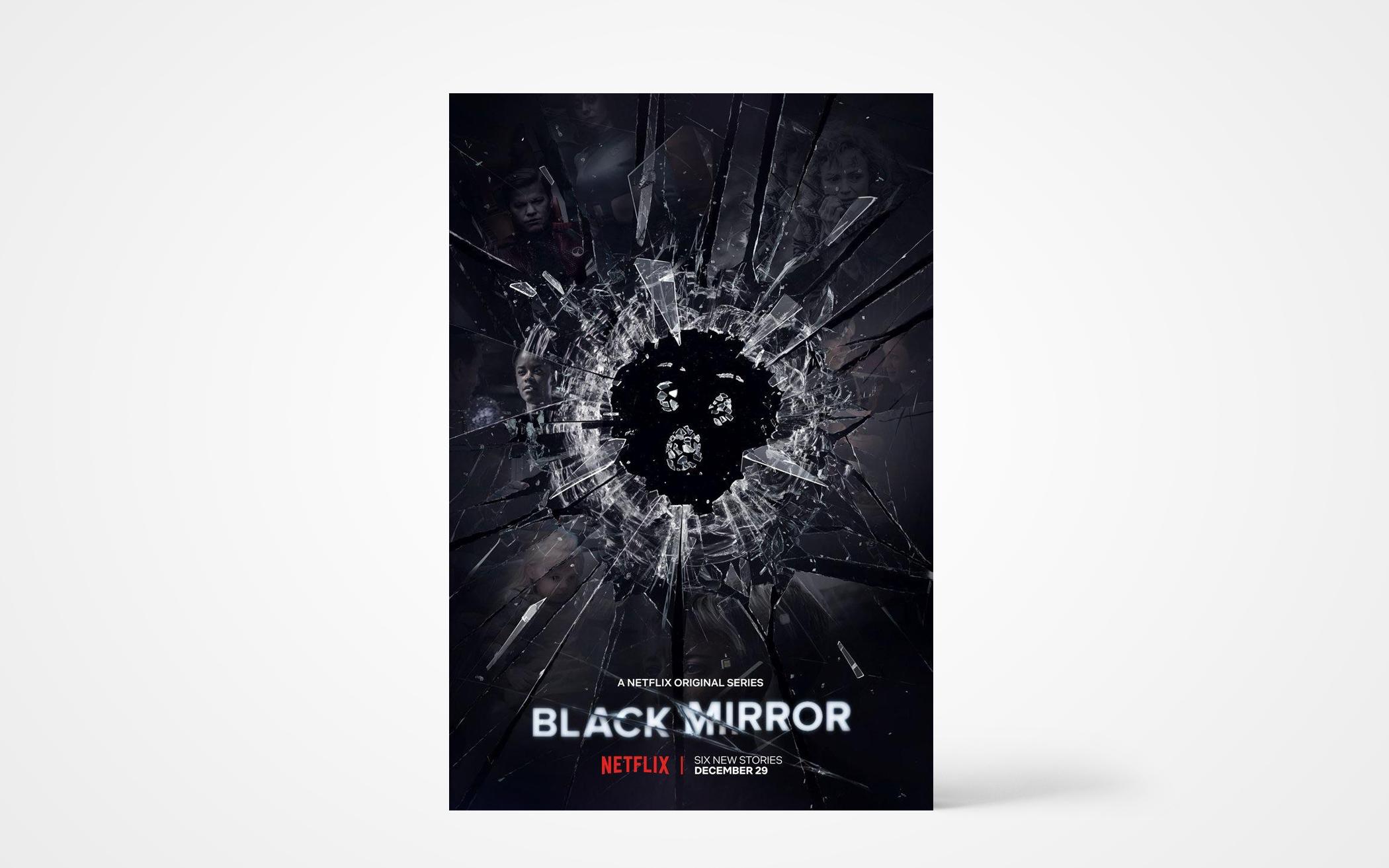Black Mirror imagines humanity’s near future. What might human life look like if we follow the trajectory of our technological developments only a half century ahead of now? Where might our present be taking us?
Many theologians follow these questions to discern the ethical implications on the new digital frontier. I’m more interested in what scientific and technological developments will mean for human beings as God’s image-bearers in the world.
The 19th-century German philosopher Ludwig Feuerbach said, “Theology is anthropology.” He meant that some of the most penetrating theological reflections today push us to ask what it means to be human when human beings have achieved scientific and technical mastery of the world.
When human beings and computer chips and sensors can be conjoined seamlessly, where is the boundary between human and machine? What happens to death or the Christian belief in resurrection when human personalities can be uploaded to the computing cloud to live on forever digitally? Smart machines already control large parts of our world; at what point might they turn their powers against us?
God’s Genesis mandate to human beings is, “Be fruitful and increase in number; fill the earth and subdue it” (1:28). Since the beginning, we have done a remarkable job of filling the earth with human beings. But the devastating distortion that took place in human life (Genesis 3) has also meant that human beings have filled the earth with evil, pain, suffering, tragedy, and death—all either consciously or unconsciously.
The 20th-century American theologian Reinhold Niebuhr once observed that “total depravity” is the only Christian doctrine for which we have ample empirical evidence. Just open your eyes and look around. Much of human culture bears the signs of this twisting disloyalty to God.
Black Mirror invites us to imagine ahead: how will today lead to tomorrow? Yes, we have the tragedies of cancer and COVID-19 today. But what happens to us or to our world when our artificially intelligent machines can independently and automatically hunt us down? If we are able to reduce crime rates to nearly zero through a level of mass surveillance that erases any sense of personal privacy, how will we feel about the trade-off? Our smartphones are already able to predict our future behaviour with high rates of precision. A few people already have made mountains of money by tracking our online behaviors.
Why would a Christian want to subject themselves to considering these future possibilities? Won’t God keep us safe and sound, come what may? Let me offer one major reason: we have historical responsibilities as God’s image-bearers. By following Jesus, we join a long tradition that has sought to fill the earth with justice and compassion, love and hope, joy and beauty. But there is a counter-tradition at work in the world also. It is very powerful and it may be on the verge of dominating us. Already, it shapes and molds us, with powerful persuasion, toward rival values and ideologies with techniques that are largely invisible.
Black Mirror is an opportunity to consider our calling in the world with brutal honesty. Who are we? Who are we willing to be? Consumers? Spectators? Lab rats? Toys? What does it mean to be human today? It means to play a crucial role in the unfolding of God’s Creation so that all the world can be treated with equal dignity and respect. Black Mirror suggests that we might already be headed down a different path, at the end of which our machines dominate us. (Netflix) (Editor’s Note: Black Mirror is rated TV-MA for violence, profanity and nudity.)
About the Author
Michael Wagenman is the Christian Reformed campus minister at Western University in London, Ont., where he invites undergraduate students to put their faith into loving service and mentors graduate students. His most recent book is The Power of the Church: The Sacramental Ecclesiology of Abraham Kuyper (Wipf &Stock, 2020).

